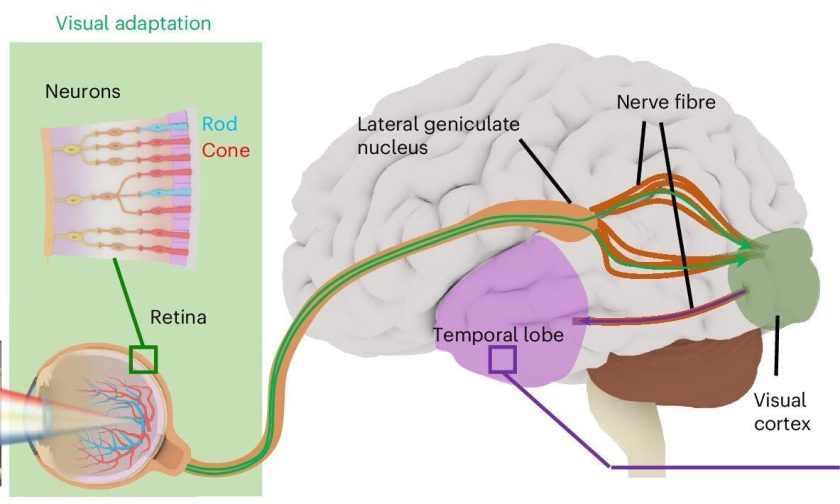We all have this annoying high school facebook friend who posts selfies more regularly than we tend to check our facebook accounts. Well, this old friend is no longer labeled as just annoying, as scientists are exploring tagging this behavior as a mental disorder.
Scientists interested in this subject are describing this common obsession with selfies as a compulsive behavior that could be linked to narcissism, addiction and mental illness.
Narcissists chase satisfaction from vanity, or others’ recognition of their looks or mental characteristics (Wikipedia)- this definition seems to somewhat fit what selfie-takers do in the name of “connecting with friends on social media”.
In a relative statement in Psychology Today, Pamela Rutledge, Director of the Media Psychology Research Center, said that nothing is being done for young people to help them on their journey of personal development, and instead, a lot of focus is placed on integrating them as trained members of the society.
Rutledge’s statement generates a course of thinking that questions whether educational systems are paying more attention to our presence and status in society to our own personal growth and achievements as individuals; hence some individuals’ fixation on people’s acknowledgment of how good they “look”.
Whether related to narcissism or lack of confidence, this subject is worrying psychologists that it may actually progress from simple attention-seeking behaviours into what is much worse, especially after a British teenage boy attempted suicide for failing to take the “perfect photo” after six months of trying. During those 6-months, Danny Bowman left school, and made taking that selfie his number one life priority. This got him engaged in taking photos for approximately 10-hours per day, taking roughly 200 photos, while striving for perfection. Bowman’s mother saved his life, physically, during the suicide attempt, but a lot is left for counselors to save.
Although Bowman seems to be at the extreme end of the spectrum, it is very possible that a number of your “annoying” facebook friends are at risk of developing mental issues in the future, particularly ones linked to decreased confidence, according to Panpimol Wipulakorn, of the Thai Mental Health Department.
Source: Adweek




